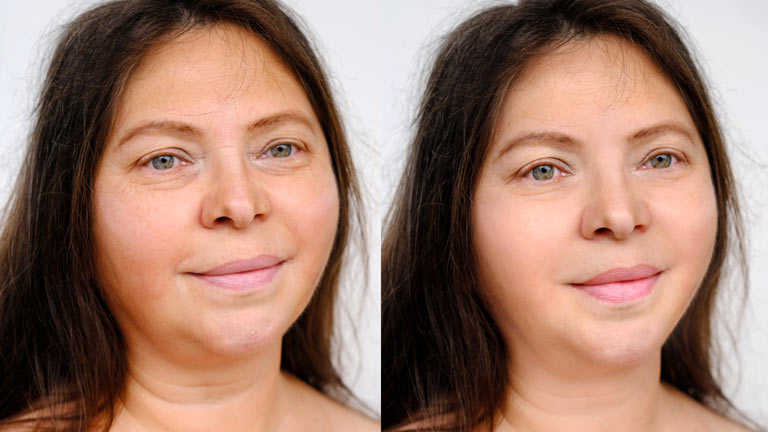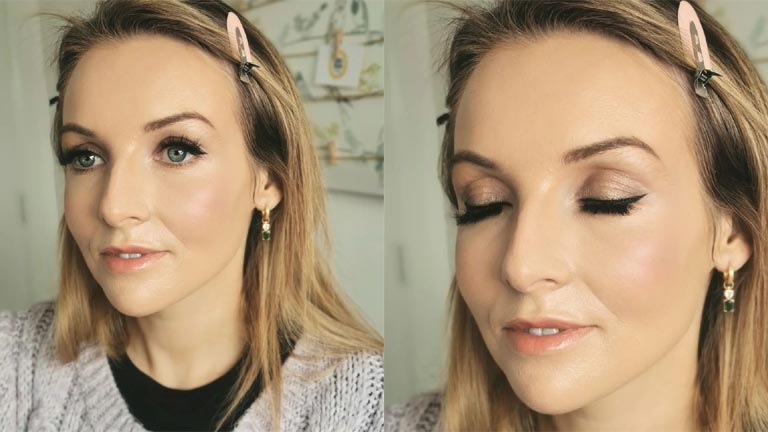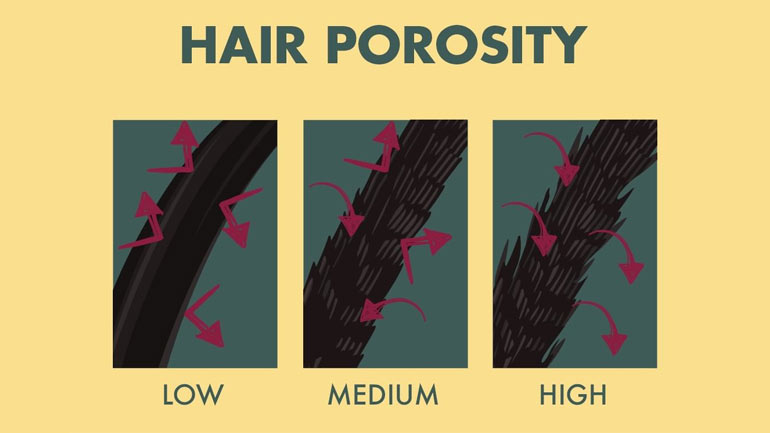
When you are born, you have a soft, glowing, and spotless skin. Like the children have lovely and beautiful natural skin. But as they grow, the skin starts losing its natural tone and color. You can easily see the difference in the children, adults, and elderly skin. It is because there are many things that affect your natural skin color.
Reasons Your Skin Is Changing Color
So what are the things and causes of skin color changes? Following are some factors that may help you understand it. Your natural skin color is not fixed but can change over time due to various factors. Some of the most common factors that affect your skin color are
Pollution and Dust
Pollution is not only a threat to the environment but also to the health and appearance of our skin. According to dermatologists, exposure to air pollutants such as smoke, dust, gas, and ash can trigger oxidative stress in the skin, leading to increased production of melanin, the pigment that gives skin its color. This can result in dull, uneven, and darkened skin tone, as well as brown spots and hyperpigmentation. Pollution can also damage the collagen and lipid layer in the skin, which are responsible for maintaining its elasticity and hydration. This can cause skin to lose its firmness and plumpness, and develop wrinkles and sagging.
Sunlight
Sun exposure can increase or decrease the production of melanin, resulting in tanning or lightening of the skin. Sunlight, the main source of vitamin D for humans, can also have a significant impact on the color and health of the skin. Depending on the intensity and duration of exposure, sunlight can cause the skin to produce more or less melanin, a pigment that determines the skin’s shade and protects it from ultraviolet (UV) rays. However, too much or too little melanin can have adverse effects, such as sunburn, skin cancer, or vitamin D deficiency. Therefore, experts recommend using sunscreen and avoiding excessive sun exposure, especially for people with fair or sensitive skin.
Environment and Genetic
Human skin color is a result of the interaction between environmental and genetic factors. The main genetic factor that determines skin color is the amount and type of melanin, a pigment produced by specialized cells called melanocytes. Melanin protects the skin from the harmful effects of ultraviolet (UV) radiation, such as DNA damage and sunburn. The main environmental factor that influences skin color is the intensity of UV radiation, which varies according to altitude, latitude, season, and cloud cover. In general, regions closer to the equator receive more UV radiation than regions farther away. Therefore, populations living in high-UV regions tend to have darker skin, while populations living in low-UV regions tend to have lighter skin. Genetics determine the amount and type of melanin, the pigment that gives color to your skin, and eyes.
Hormones and Health Conditions
Hormones can also influence the amount and distribution of melanin, especially during pregnancy, puberty, and menopause. Health conditions such as vitiligo, albinism, stress, and skin cancer can cause abnormal changes in skin color, either by destroying melanin or producing too much of it.
How Can Restore Your Natural Skin Color
Here are some ways to restore your natural skin color:
- Experts advise using proper cleansing and antioxidant products to protect the skin from pollution and restore its radiance.
- Avoid sun exposure and use sunscreens when getting a nice tan. Sunlight can change your skin color due to sunburn or tanning.
- Use Aloe Vera on your skin. Aloe Vera is a natural plant that has healing and soothing properties for the skin. It can assist in regulating the production of melanin, the pigment that gives the skin color.
- Apply small oatmeal baths. Oatmeal is like a gentle scrub that helps get rid of those dull, old skin cells, letting the fresh, new skin shine through. Plus, it’s great at keeping your skin healthy by giving it a good dose of nourishment and moisture, leaving it feeling super smooth and soft.
- Stay hydrated. Making sure you drink plenty of water is seriously important for your skin and your general health. Water works wonders by clearing out toxins from your body making sure you stay hydrated, and providing a natural glow to your skin.
- Practice intermittent fasting. Intermittent fasting is a way of eating that involves taking breaks between periods of eating. It’s pretty cool because it can actually amp up your body’s production of collagen, that protein that helps keep your skin bouncy and tight. Plus, it’s a champ at kickstarting your skin cells’ renewal process, giving you a better skin tone and texture overall.
- Use beauty products: Using good quality beauty products can also help you keep your skin moisturized, clean, and healthy. The dermal repair complex is formulated to support skin health and promote a more youthful appearance by targeting various factors
- Exfoliate regularly. Giving your skin a good exfoliation can do wonders by getting rid of that layer of dead skin cells that often make your skin appear lackluster and not so smooth. Plus, it’s like a booster for your moisturizers and other skincare products, helping them sink in better and work more effectively.
These are some of the natural ways to get your original skin color back. However, you should also be patient and consistent with your skincare routine, as it may take some time to see the results. People should check their skin regularly for any abnormalities, such as moles or sores, and consult a dermatologist if they notice any changes.




